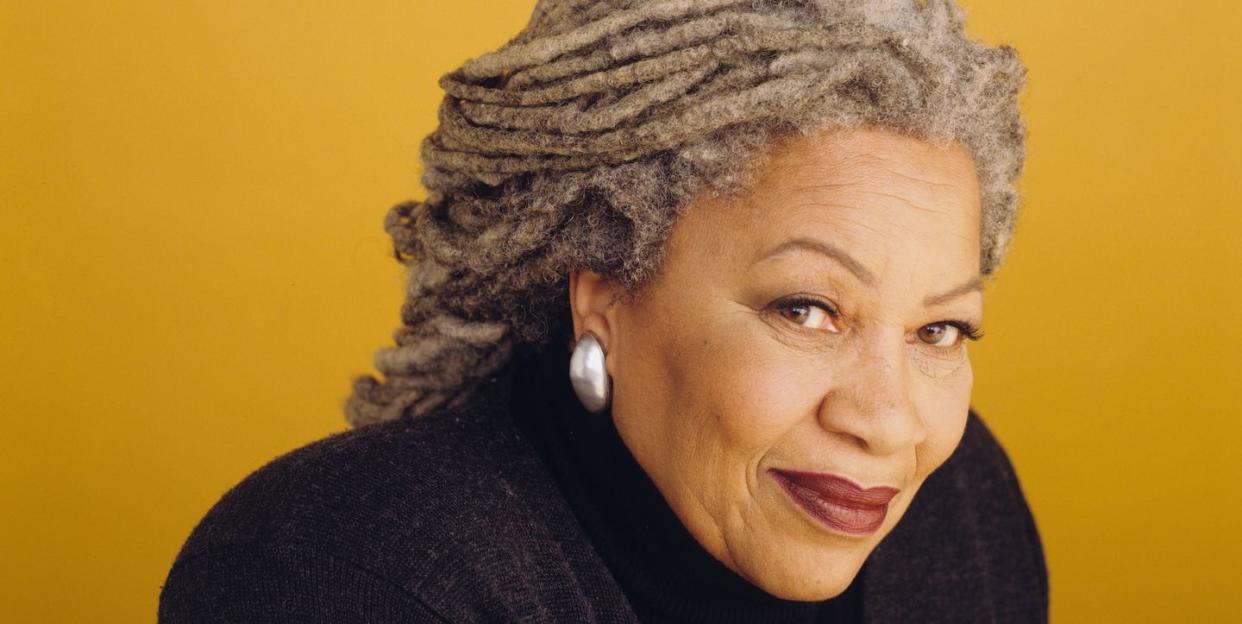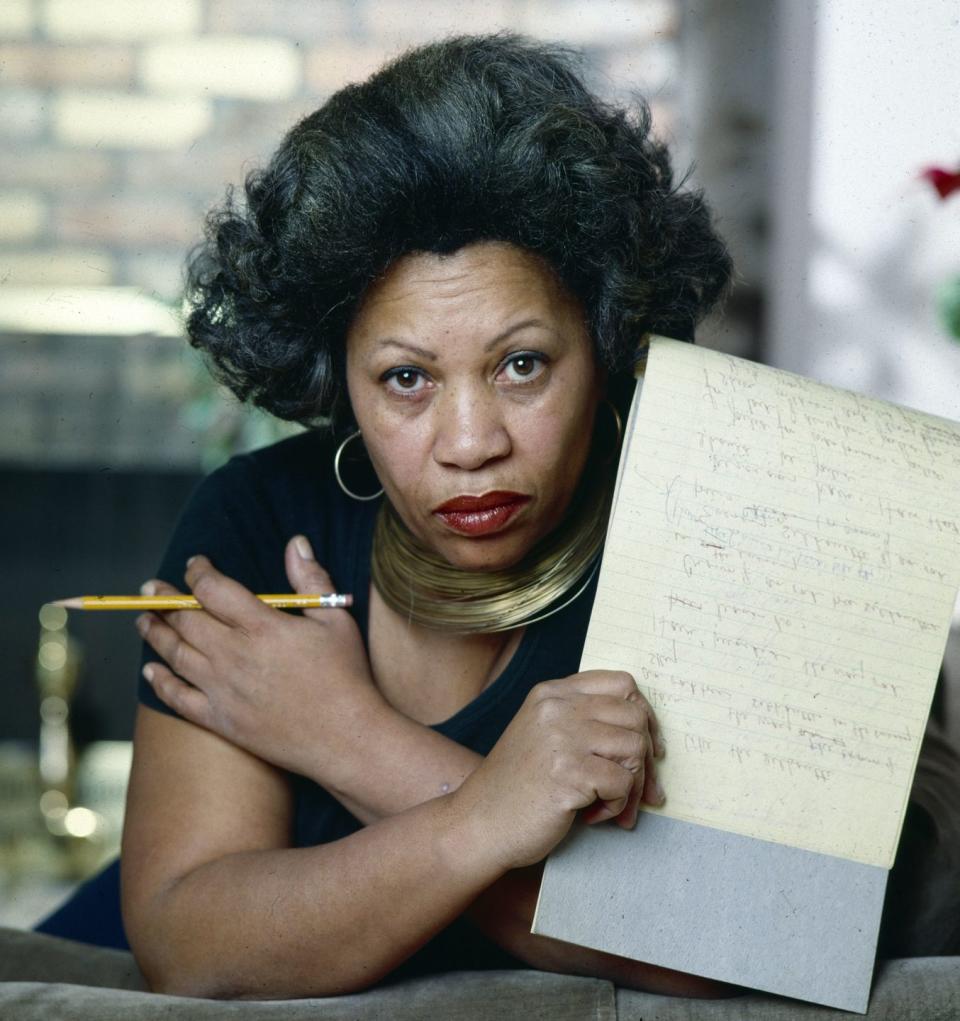Toni Morrison Showed Us That Our People Were Always, Always Enough

Yesterday, I was asked to write a tribute to Toni Morrison and I declined. Declined, most of all because I didn’t think I could write something worthy of the woman who every writer I know with even half a brain considered—until her passing on Aug, 6 2019—America’s greatest living writer.
Today, I was given a second chance to muse on Ms. Morrison, and though nothing I can put down will suffice, here I am essaying in its etymological sense: an attempt.

This second chance is fitting, one might even say symbolic, given that Ms. Morrison never gave up on us. She never gave up on us—her people—because she loved us, which is all the more profound because she saw us, our foolishness and flaws, our dreams and triumphs. There’s unassailable evidence of her bountiful and profound love in all of what she made (my favorite of which is Sula) in an oeuvre that centered black life, which is to say she eschewed pandering to a white vision of what and who owns value.
Ms. Morrison left no doubt that she was a proud woman, a black woman, a black American woman, and also a genius. That brilliance is apparent of course in those beautiful books she wrote to early morning light. It’s also evident in the film interviews of her that I’ve come to love watching: her way of sobering Steven Colbert’s satirical bent with definitions of race and racism; her schooling an Australian journalist who asked when she’d “incorporate white lives” in her books “more substantially,” by retorting, ”you can’t understand how powerfully racist that question is, can you?”; her explaining in her recent documentary The Pieces I Am that in the metaphor of America as a melting pot, black people “are the pot.”
Over and over, Ms. Morrison reminded us there would be no America without that pot. Again and again she proved herself a master storyteller, an inimitable prose stylist, and an incisive cultural critic. Ms. Morrison was also a seer, a sage, one who looked into America’s past and future and showed us what others couldn’t, who showed me that we, by which I mean our people, are always, always enough.
You Might Also Like

